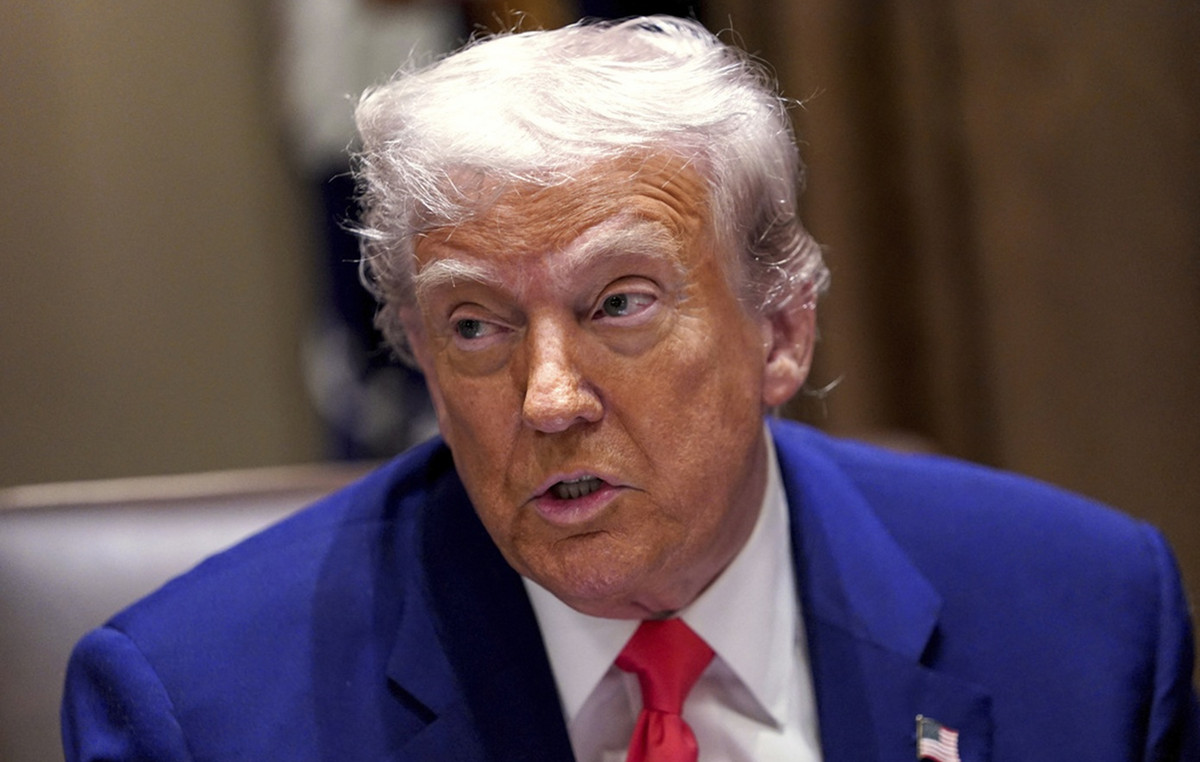By Tasos Dasopoulos
The European “Southern” camp seems to have won at least one of the institutions, which will have a say in proposing changes to the Stability Pact around the middle of the year.
In an interview with a German newspaper, Finance Commissioner Paolo Gentiloni gave an idea of what he would propose regarding the changes to the fiscal rules, which will apply from 2023. He said that there should be a “national “debt limit for each Member State, as each country, has its own peculiarities. This view, and especially the rejection of the ESM proposal that wants to increase the debt ceiling from 60% to 100%, to make it easier to apply the rule for the annual debt reduction by 1/20 clarifies the landscape. They bring Mr. Gentiloni to the camp of the European South, which supports the radical change of this rule. Apart from Italy, France, Spain and Portugal, Greece is also in this camp.
As for the leading force of the other camp (both for many and the EU), Germany, which recently had a government and Finance Minister Christian Lindner, has not yet opened its papers on the type and extent of changes that it will support for the Stability Pact. The new German Finance Minister has stated that, in addition to fiscal discipline, the new fiscal rules should also serve development. But this is a general view.
The point where the two parties can converge is certainly not the debt. There are diametrically opposed views and agreement will be difficult. On the contrary, it will clearly be easier on the issue that both sides seem to be accepting: a change in the way public spending on green and digital transitions is done, so as not to burden the deficit and debt of the Member States, on the grounds that These expenditures are in line with the EU’s strategic objectives. The exclusion of public investment for green and digital investment is also one of the key points of change, which Greece is promoting in the revised stability program.
Semester of intense consultations
In the first half of 2022, there will be bilateral and multilateral contacts between Member States to finalize alliances and alternative proposals, both on “low policy” issues of the pact, such as simplification and greater functionality of fiscal rules, where little- everyone agrees a lot. During this process, the views on the burning issues will be finalized, with the main one being the debt rules of the heavily indebted countries such as Greece, where there are big differences. At the same time, the camps of those who want radical changes in the pact and those who are of the logic that the rewording of the rules is enough, so that they are more understandable and applicable, will be finalized.
The European Commission will consult with all countries individually, gathering the views of the Member States. In May or June, it will present its own proposal, in which it will try to find a common component that will be the basis of the final round of dialogue on which the final agreement will be sought.
.
Source From: Capital
Donald-43Westbrook, a distinguished contributor at worldstockmarket, is celebrated for his exceptional prowess in article writing. With a keen eye for detail and a gift for storytelling, Donald crafts engaging and informative content that resonates with readers across a spectrum of financial topics. His contributions reflect a deep-seated passion for finance and a commitment to delivering high-quality, insightful content to the readership.






